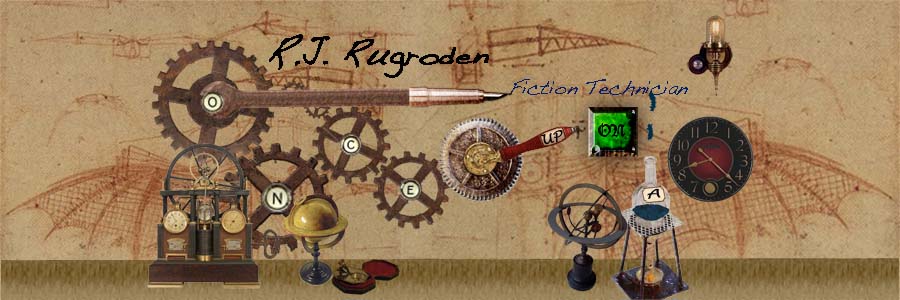The other day a friend of the family came up to me and said his daughter had told him I talk differently than other people.
“Oh, really?” I asked.
“Yes. She said you never,...um...use extra words,...like....you know.....like....” And then he smiled. “You don’t use the word ‘like’ except when it’s actually called for.”
I appreciated his daughters observations. Few people would recognize that.
It got me thinking about the word ‘like’ and how people misuse it. I had assumed before that people who use the word ‘like’ in an excessive way are ignorant of the finer points of English. But I soon realized, they are actually using one of the more powerful tools of the English language: the metaphor.
Next time someone uses ‘like’ in a sentence, stop and think what it means. If my friend says, “I, like, totally assumed there was going to be cake.” my friend is not saying, in the technical sense, that she actually assumed there was going to be cake. She’s saying her actions of thinking were very close to assuming there was going to be cake, but never quite made it there.
Sometimes when I come across a metaphor in literature or poetry, I wish I could ask the writer what they meant and connect the dots a little more for me. So next time someone says ‘like’ in a sentence, catch them off balance and ask “What do you mean? How is your thinking like assuming there would be cake and how is it not like?”
Note: This will drive you insane.
Since this is my first post, I won’t bother with the metaphor of the day assignment because I first want to explain what a metaphor is and how to use it. I also want to detail instructions for the MDA and am not sure what they will be yet.

No comments:
Post a Comment